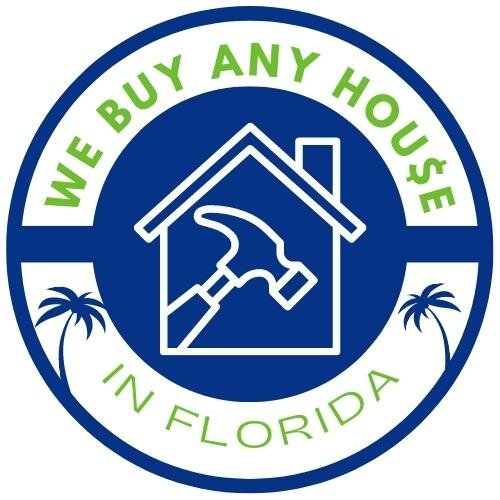Septic systems are a common wastewater treatment solution for homes and businesses in rural and suburban areas of Northeast Florida. While septic systems offer several advantages, it’s important to understand their drawbacks as well. In this article, we’ll explore the pros and cons of having a septic system in Northeast Florida to help you make an informed decision.
Pros of having a Septic System in Northeast Florida
- Independence from Municipal Sewage System
One of the biggest advantages of having a septic system is independence from the municipal sewage system. If you live in a rural area that is not serviced by the local sewer system, a septic system provides a way to manage your wastewater effectively. With a septic system, you’ll have more control over the maintenance and management of your property’s waste disposal.
- Cost-Effective
In the long run, a septic system can be more cost-effective than connecting to a municipal sewer system. Connection fees and ongoing sewer bills can add up, whereas with a septic system, you’ll only have to pay for maintenance and pumping costs. This can be a significant advantage for homeowners who live on a tight budget.
- Environmentally Friendly
Septic systems use natural processes to treat wastewater, making them an environmentally friendly option. The wastewater is treated through a combination of bacterial decomposition and filtration, which reduces the amount of pollutants that are released into the environment. This can be a major selling point for homeowners who are environmentally conscious.
Cons of having a Septic System in Northeast Florida
- Maintenance and Upkeep Costs
While a septic system can be cost-effective in the long run, maintenance and upkeep costs can be high. Regular pumping and maintenance are necessary to ensure the system is functioning properly and to prevent the release of untreated wastewater into the environment. These costs can add up over time, so it’s important to factor them into your decision-making process.
- Limited Water Usage
Septic systems have limited capacity, so it’s important to limit water usage to prevent overloading the system. This can be a drawback for homeowners who want to use large amounts of water for irrigation, sprinklers, or other purposes. If you have a large family or frequently host guests, you may need to adjust your water usage habits to prevent overloading your septic system.
- Potential for Failure
Septic systems can fail for a variety of reasons, including improper installation, overloading, or lack of maintenance. When a septic system fails, it can release untreated wastewater into the environment, which can be harmful to both people and the environment. In addition, repairing a failed septic system can be expensive, so it’s important to invest in regular maintenance and pumping to prevent failure.
- Compatibility with Well Water
If you have a well water system, it’s important to make sure that your septic system is compatible with it. If the water is too hard or has high levels of iron, it can clog the pipes and damage the system. Make sure to have your well water tested before installing a septic system to ensure compatibility.
In conclusion, a septic system can be a good option for homeowners in Northeast Florida who live in rural areas or are looking for an independent wastewater treatment solution. However, it’s important to consider the costs of maintenance and upkeep, the potential for failure, and the impact on water usage. If you’re considering a septic system, make
